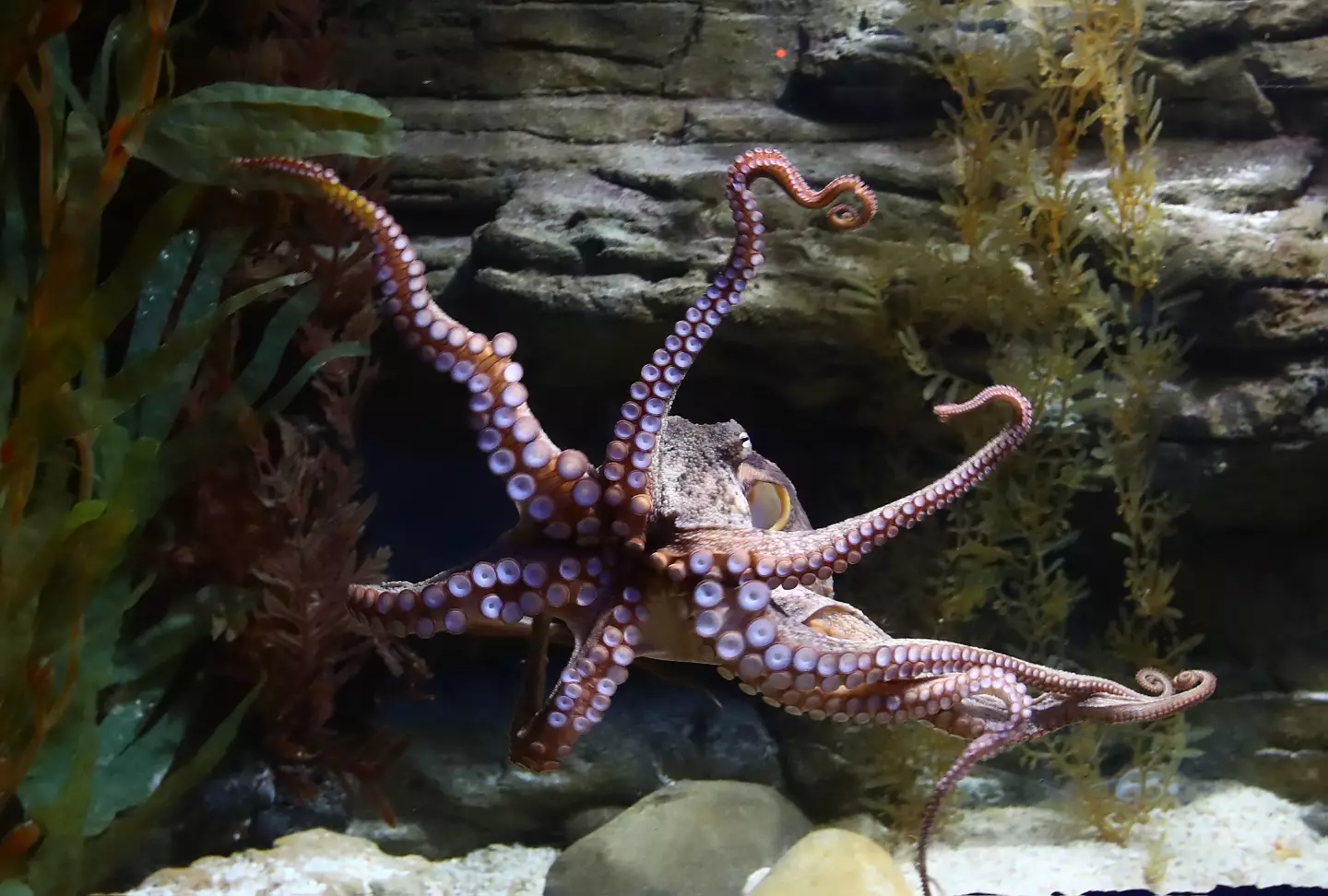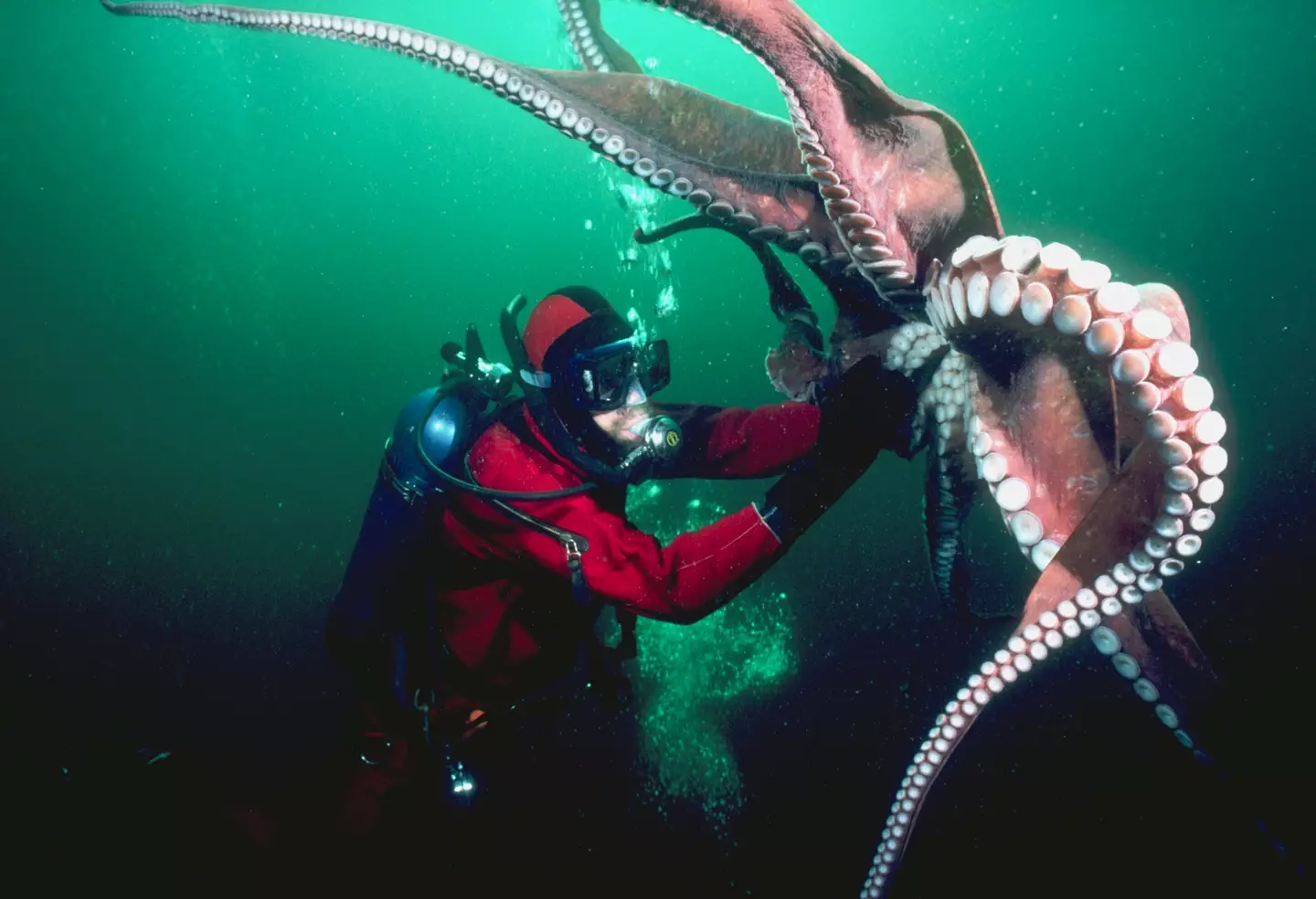
It's time to accept that humans aren't going to be the dominant species on the planet forever. Much like how we saw the dinosaurs wiped out, we need to realize that the human race won't be lauding it over Mother Earth forever. Will aliens swoop in and take over, will artificial intelligence gain sentience and overtake us, or will we simply destroy ourselves and the planet in the process?
It seems time is running out for the human race, but looking ahead, what comes next? Science has potentially pointed to which creature will take the lead when the last human has shuffled off this mortal coil.
While we always heard the urban legend that cockroaches could survive a nuclear blast, you might think those scuttling insects would thrive in a post-human world. In reality, it would be possible for cockroaches to withstand higher levels of radiation than us mere humans, but the heat from any nuclear blast would also wipe them out. So if not cockroaches, what inherits the Earth after us?
According to Professor Tim Coulson from the University of Oxford, octopuses are next for a promotion.
Advert

The eight-legged invertebrates apparently have the 'physical and mental attributes necessary' to step up to the plate and become the next species able to build a civilization. Well, Paul the Octopus was able to predict the 2010 World Cup.
Coulson's The Universal History of Us outlines how octopuses could become the dominant species, with him explaining his findings to The European. The professor explained: "Octopuses are among the most intelligent, adaptable, and resourceful creatures on Earth."
He praises their ability to "solve complex problems, communicate with one another in flashes of colour, manipulate objects, and even camouflage themselves with stunning precision.”
Advert
Coulson is confident that octopuses can 'evolve into a civilisation-building species following the extinction of humans.' Although he says that only 'several' species of octopus are suited to the task, he thinks they can exploit new niches in an ever-changing planet that's free from human influence.
When the site pointed out that primates might seem like natural successors to humans for a real-life The Planet of the Apes, Coulson said they'd likely face extinction alongside us. He added: "Even if some primates did endure, they would encounter significant challenges: their population sizes are small, they are restricted to a few forest habitats and have slow growth and reproduction rates.

"Furthermore, primates depend heavily on strong social networks, engaging in activities like hunting, grooming, and defence, which are essential for their survival. These constraints might help them struggle to adjust to a world undergoing dramatic ecological shifts."
Advert
Intelligent birds like crows or parrots are also ruled out alongside some insects because they all lack the motor skills needed to build a civilization, whereas octopuses can fill 'an ecological niche in a post-human world' with relative ease.
Before you start worrying that octopuses will start crawling on land before we're gone, Coulson concludes that their lack of a skeleton means it's unlikely they'd adapt to life on land. Instead, they could build massive underwater cities similar to the ones we have up here. While we'll be keeping an eye on the local octopus on our next visit to the aquarium, Coulson says that it likely wouldn't happen for millions of years. Thankfully, we'll be long gone by then.